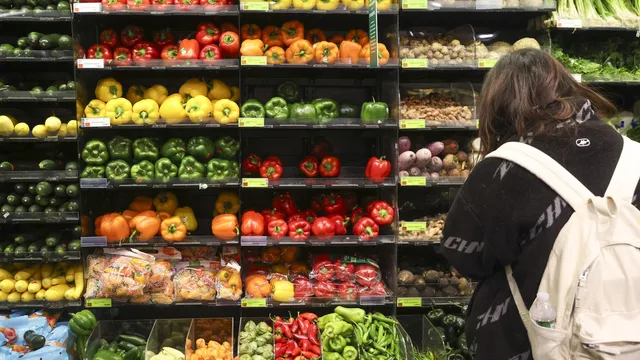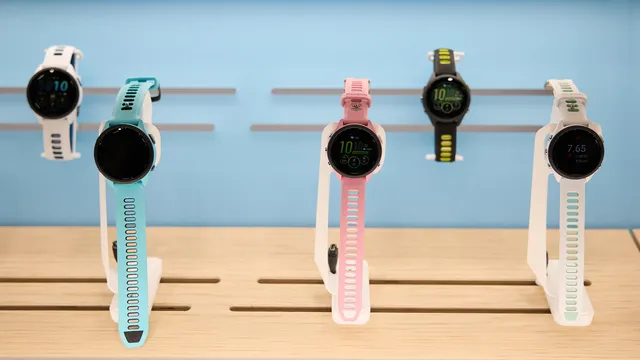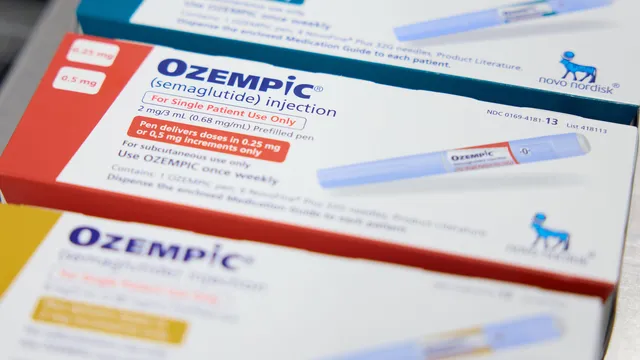According to the study, consumers often believe that foods labeled as "healthy" have a shorter shelf life than others. This leads to two consequences: people either choose less healthy products at the store or throw away healthy food that is actually perfectly safe to eat.
The study, conducted between 2018 and 2024, involved more than 3,500 people from Canada, South Korea, the UK, and the US, according to the Wall Street Journal.
Confused consumers
In one of the experiments, participants rated six different products — cereal, snack bars, protein bars, yogurt, crackers, and chips — according to which ones looked the healthiest and which ones they thought would spoil the fastest. The result: the products perceived as the healthiest were also considered the least perishable.
People know that fresh products such as fruits and vegetables spoil quickly, and they unconsciously transfer this knowledge to packaged health foods. "The reason is a lack of awareness about food spoilage," explained Jiehe Christine Kim, associate professor of retail at the University of Virginia and co-author of the study.
The researchers also found that unclear terminology on labels exacerbates the problem. In an experiment with the same products in the US, people were more likely to buy healthy foods when they were labeled "Use by" rather than the more vague "Packaged on."
"There are so many different types of labels that manufacturers use, and consumers just don't know what they mean," said Brand MacPherson, a marketing professor at Simon Fraser University and also a co-author of the study. He noted that most people assume any date on a package is a "use-by" date, which in many cases is incorrect.
Food in the trash
The study also shows something else: people are more likely to throw away healthy foods when they approach their expiration date than they would other types of food in the same situation. This leads to significant amounts of waste.
"A lot of perfectly safe and edible food goes into the trash simply because people don't know how long it actually remains safe," says McFerran. "While we can easily recognize when a tomato has gone bad, there is often confusion about packaged or canned foods."
Researchers are calling on health food manufacturers to use clearer and more understandable labels that inform consumers when food is no longer safe to eat. The Food and Drug Administration (FDA) should introduce clear and uniform standards for labeling shelf life, McFerran adds. | BGNES
Misconceptions about the shelf life of healthy foods

BGNES
Healthy eating is a goal for many, but new research suggests that there is one unexpected factor that is preventing people from eating more healthily: the fear that such foods spoil more quickly.


 Breaking news
Breaking news
 Europe
Europe
 Bulgaria
Bulgaria





